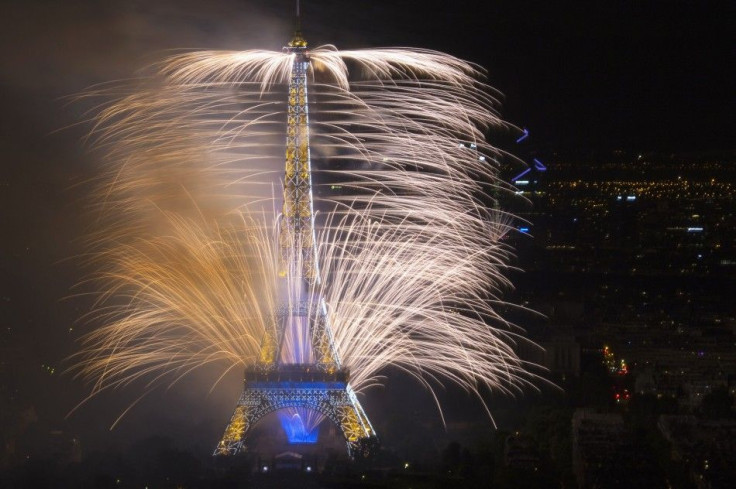Pollution crisis: Italy defies tradition by banning fireworks ahead of New Year's Eve celebrations

In an attempt to limit pollution, the Italian government has decided to stick to the last resort of the year – ban fireworks ahead of New Year's Eve. A number of towns and cities in Italy have decided to either limit or completely ban the use of fireworks as people celebrate their way into 2016.
The fireworks ban varies across several councils across Italy. Councils believe that New Year's fireworks release huge quantities of fine particles in the air, which will only add to the existing smog troubling several Italian cities. Apart from pollution being the primary reason, some councils favour saving the animals from loud noise and bright lights, reports the Local.
The government's decision is facing a bit of disappointment from Italian citizens who argue that fireworks are an integral part of traditional celebrations in the country. Each year, Italy puts up a spectacular show of customary fireworks lighting up the sky.
The fireworks have been banned or restricted across all major cities and councils that are famous for it. Considering pollution and animal welfare as the main reasons, the council at Cortina d'Ampezzo has decided to completely ban the fireworks. South Italy's Sicilian city of Messina, which strongly favours the use of fireworks as a part of traditional celebrations, has banned its use until Jan. 10, 2016.
Campania, which is famous for its liberal use of fireworks on the festivities, has banned fireworks as well. The mayor of Casamarciano suggests lighting up Chinese lanterns this New Year instead.
The fireworks ban has come amid the air pollution crisis in the country. Recently, councils in Milan, Rome and Turin decided to ban cars for the first three days of the week as a measure to reduce traffic circulation in the cities. Some areas also banned the use of wood-fired ovens used to make pizzas, reports Autoblog.





















